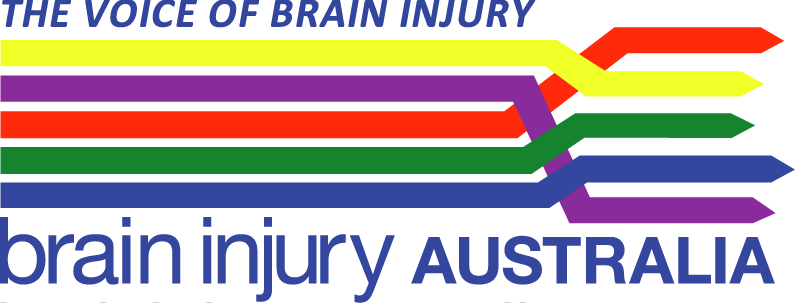- TOOLS FOR WORK
- Introduction
- T1 A person may have an ABI
- T2 Conversation tips
- T3 Looking for indicators of ABI
- T4 Strategies for
cognitive changes - T5 Case managers issues checklist
- T6 Sources of information
- T7 Individual program plan
- T8A Tips for
setting goals - T8B SMAARTER Goals
- T9 Managing and supervising staff
- T10 The disillusionment process
- T11 Preventing stress
- T12 Working with Families: Principles
- T13 Support workers:
WHS & Participant Risk - T14 Professional boundaries
- T15 Principles & Standards
- T16 Essential thriving guide
Tool 16: Essential thriving guide
Some of the essential survival tips when you are working with people with ABI are:
Getting to know the person with ABI
Understand:
- What is the injury?
- What is the effect?
- How is the effect expressed in behaviour?
- What are strategies for managing the behaviours?
- How the person with ABI is dealing with this change
- The impact of their ABI on family and friends.
Realistic expectations
Set realistic expectations:
- People with an acquired brain injury can grow in their skills for independence in the short and long term (except where the ABI is caused by a degenerative disease).
- The rate of development can be slow and so not noticed. People give up too soon.
- Most people with a traumatic brain injury and many with others forms of ABI are young - they have a lot of life ahead of them and plenty of time to develop.
Know yourself
- What pushes your buttons?
- How do you respond appropriately when your buttons are pushed?
- How do you sustain yourself when the day to day work stresses build up?
Be part of a team
- See yourself as part of a team.
- Who's in the team?
- What are their roles?
- Who can I get support from...in regards to what?
Notice signs of disillusionment and identify strategies for dealing with it
What best describes your current work with this person / these clients:
- Enthusiasm
- Stagnation
- Frustration
What do you need to do to build a relationship and set realistic expectations?
Notice signs of stress and identify strategies for dealing with it
- What's your level of stress in working with this client / these clients?
- What strategies work for you in reducing stress?

